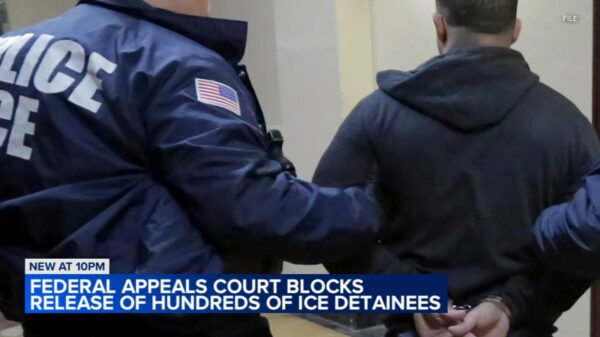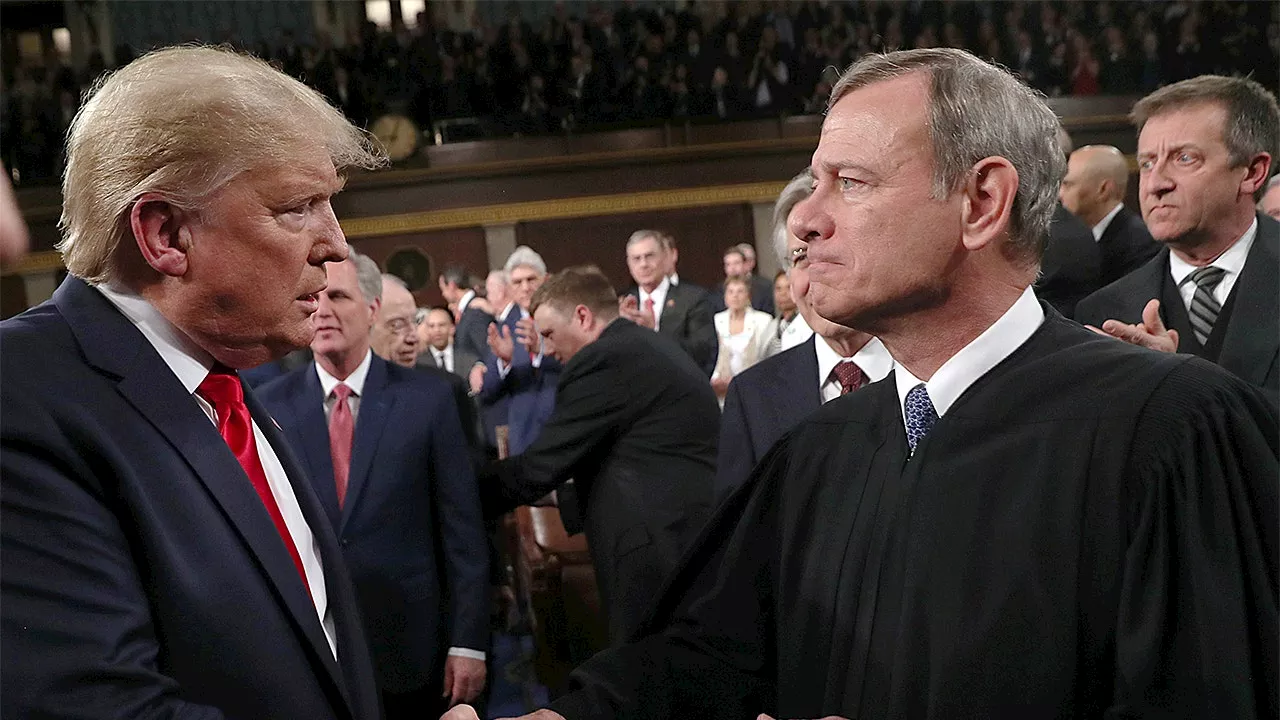The Supreme Court has declined to hear an appeal from Laura Loomer, a well-known far-right influencer and ally of former President Donald Trump. Loomer had filed a lawsuit against major social media companies, claiming they unlawfully removed her from their platforms. The court’s decision, announced on Monday, effectively ends her legal battle concerning the alleged infringement on her rights as a candidate for Congress in Florida during the 2020 and 2022 elections.
Loomer’s lawsuit claimed that social media companies violated civil racketeering laws by deplatforming her, which she argued severely hindered her ability to engage with voters and fundraise. In her written arguments to the Supreme Court, Loomer stated that being barred from platforms like X and Meta Platforms stifled her capacity to communicate effectively during her campaigns. Her legal representatives emphasized the critical role of social media in political campaigns, especially during the COVID-19 pandemic, which limited traditional campaigning methods.
Despite her assertions, Loomer faced repeated defeats in lower courts. Both X and Meta chose not to respond to her appeal at the Supreme Court, indicating a lack of concern regarding the case. As a result, the court opted not to consider the appeal, which was not elaborately briefed.
Loomer, who boasts over 1.7 million followers on X, where she has been reinstated, has positioned herself as a “loyalty enforcer” within political circles. She scrutinizes the backgrounds of various administration officials, often searching for any indication of past doubts regarding Trump.
The Supreme Court had previously been presented with opportunities to address the complexities of Section 230, a law that shields social media companies from legal repercussions related to content moderation. In two cases in 2023, the court refrained from making sweeping changes to this law, opting instead for narrower rulings that maintained the companies’ immunity from lawsuits linked to terrorist-related content.
The dismissal of Loomer’s appeal underscores a broader trend in which the Supreme Court has largely avoided engaging with contentious issues surrounding social media regulation. As debates continue regarding the balance between free speech and content moderation on digital platforms, Loomer’s case represents a significant moment in the ongoing discussion about the role of social media in American political processes.





































































